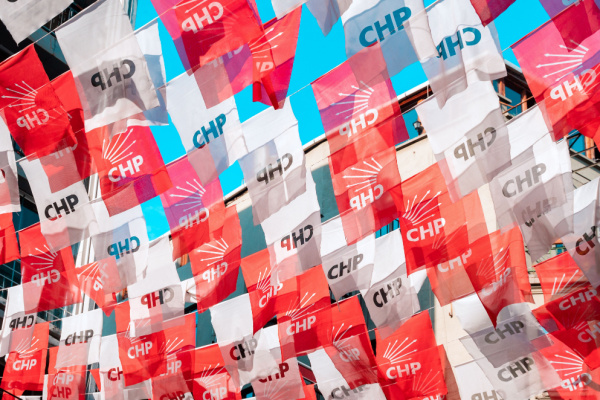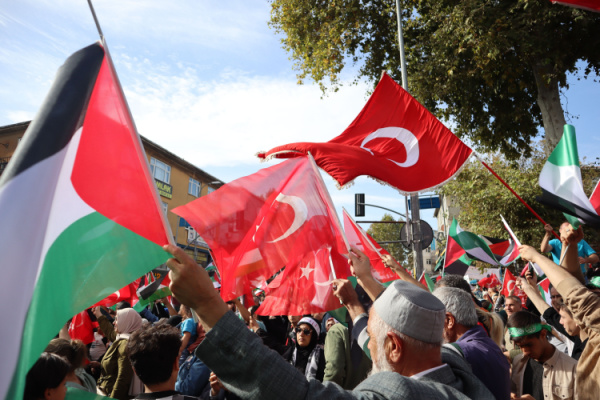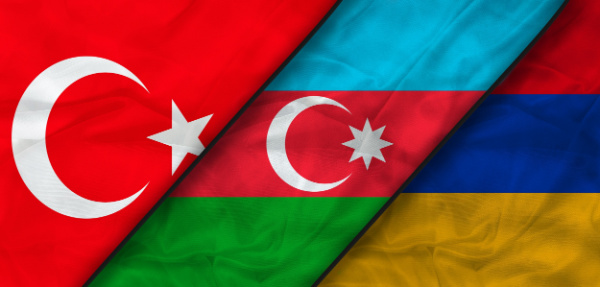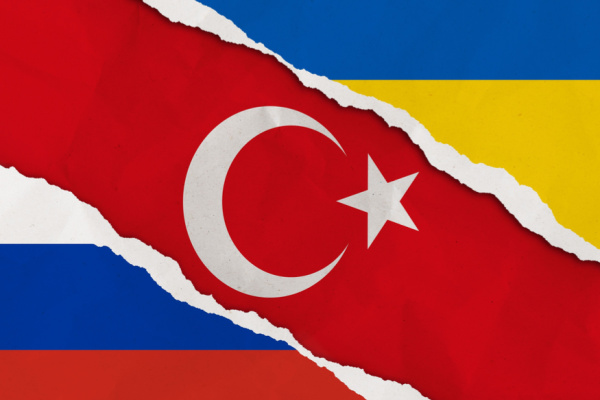Can the New CHP Leader Revive Social Democracy in Turkey?
By Halil Karaveli
January 25, 2024
Turkey’s new opposition leader Özgür Özel is proposing to do something that no one has attempted in Turkey since the early 1990s, to revive a social democratic alternative. Yet the CHP’s new leader is making a turn to the left under inauspicious circumstances. The right in its different shades is hegemonic and there is no societal clamor for social justice and equality. Meanwhile, the Turkish labor movement has been reduced to insignificance, depriving social democracy of a base of working class militancy. Yet rampant inequality needs to be addressed, and a left-wing message that addresses economic concerns can help transcend Turkey’s crippling ethnic divisions, encouraging Turkish and Kurdish lower classes to make common cause. It offers a way out of Turkey’s democratic impasse.

Can Turkey Both Stand Up to Israel and Do Business with It?
By Reuben Silverman
January 12, 2024
On the eve of Turkey’s centennial anniversary celebrations, President Recep Tayyip Erdoğan held a mass rally in support of Palestine. He reminded his audience that, only a century earlier, Gaza had been part of the Ottoman Empire. He condemned Israel’s government and criticized the West for remaining silent in the face of Israel’s retaliatory killing of civilians, wondering if it wanted to encourage conflict between “crescent and cross.” Yet, while this heated rhetoric positions Turkey as the ultimate opponent of Israeli expansionism and protector of Palestinians, it obscures on-going Turkish-Israeli relations and the strategic interests that may limit Erdoğan’s actual diplomatic options.

Peace with Armenia Will Further Pan-Turkic Ambitions
By Barçın Yinanç
November 9, 2023
A peace settlement in the Caucasus provides a huge window of opportunity for the realization of the Middle Corridor. Turkey needs to strike the right balance in its relations with Armenia and Azerbaijan while neutralizing the disruptive influence of Iran and Russia. Turkey, whose military backing has been decisive in Azerbaijan’s victories in Nagorno-Karabakh, needs to convince its close ally that it’s in their common interest that Armenia is rewarded for its policies, and that inaction could prove costly for regional peace and pan-Turkic ambitions.

Turkey will not give up on its Lucrative Trade with Russia
By Natalia Konarzewska
June 26, 2023
Turkey supports Ukraine’s territorial integrity and has supplied Kyiv with large amounts of weapons, yet at the same time it does not want to sever ties with Russia. On the contrary, Turkey has significantly increased its trade exchange with Russia and faces Western accusations that its commercial ties help fuel the Russian war effort. However, trade cooperation with Russia remains crucial for Turkey and the country is unlikely to change course.

The Middle Corridor Calls for Turkish-European Cooperation
By Barçın Yinanç
January 17, 2022
While it was fear of Russia that prevented the Central Asian countries from showing an interest in the Middle Corridor, it is ironically the same Russian factor that has today led to the reinvigoration of this alternative to the Northern Corridor. However, crucially, the future of the Middle Corridor depends on European interest and particularly on the European Union revising its attitude toward Turkey that has been spearheading the project for more than a decade and that is indispensable to its realization. European decision makers must recognize that they need to join hands with Turkey to make the Middle Corridor come to fruition.




